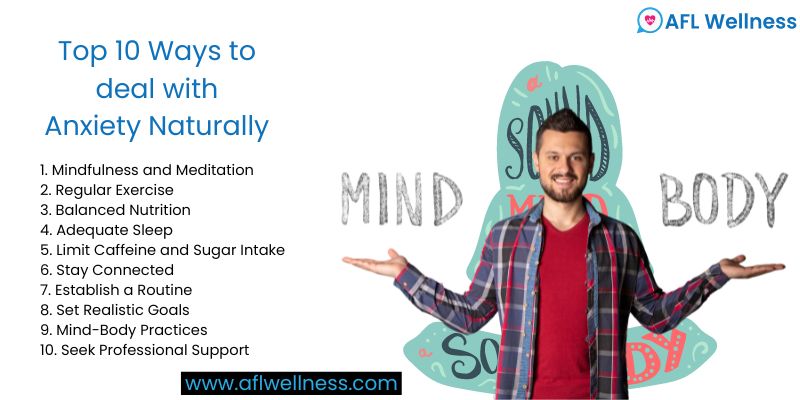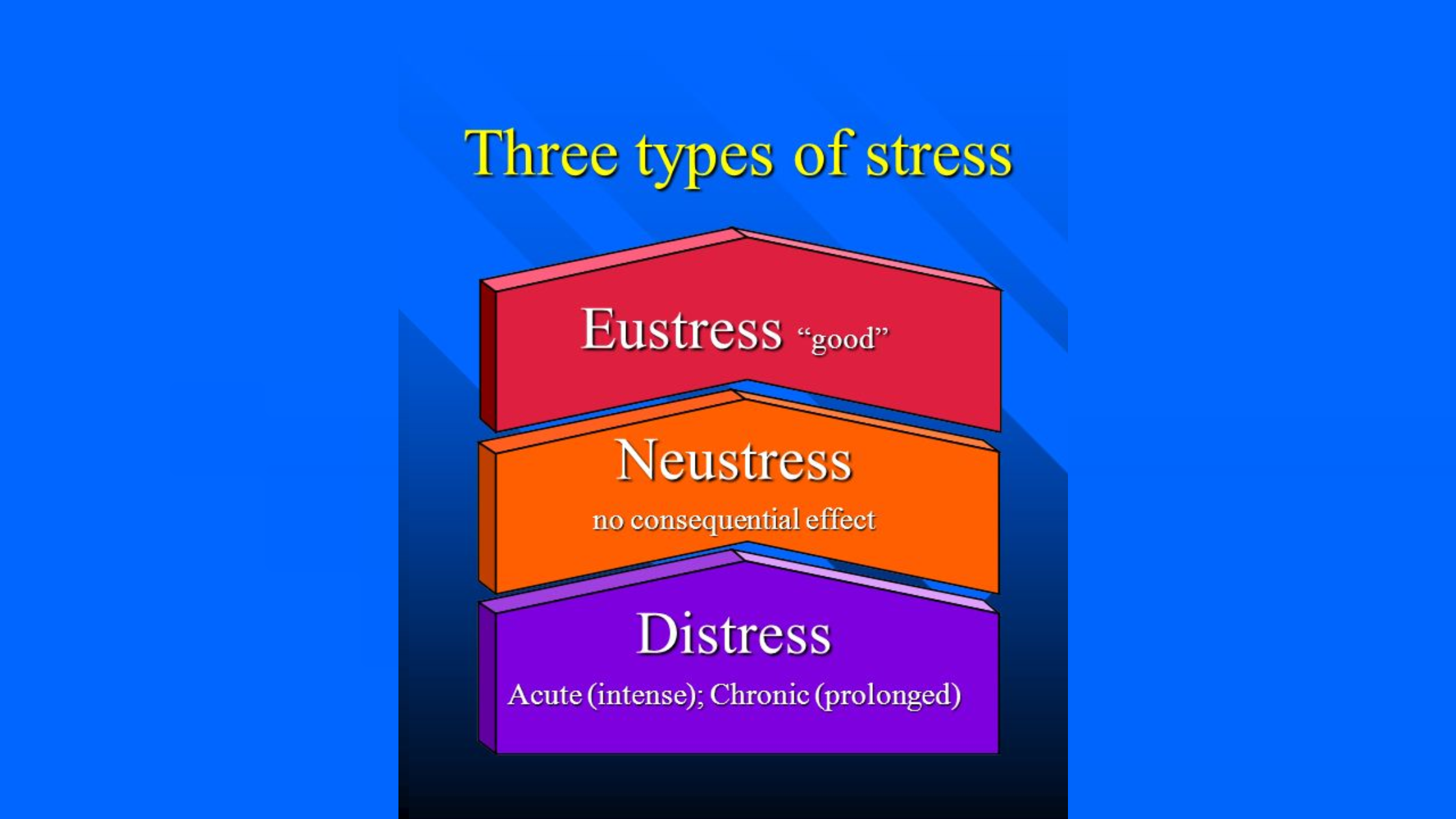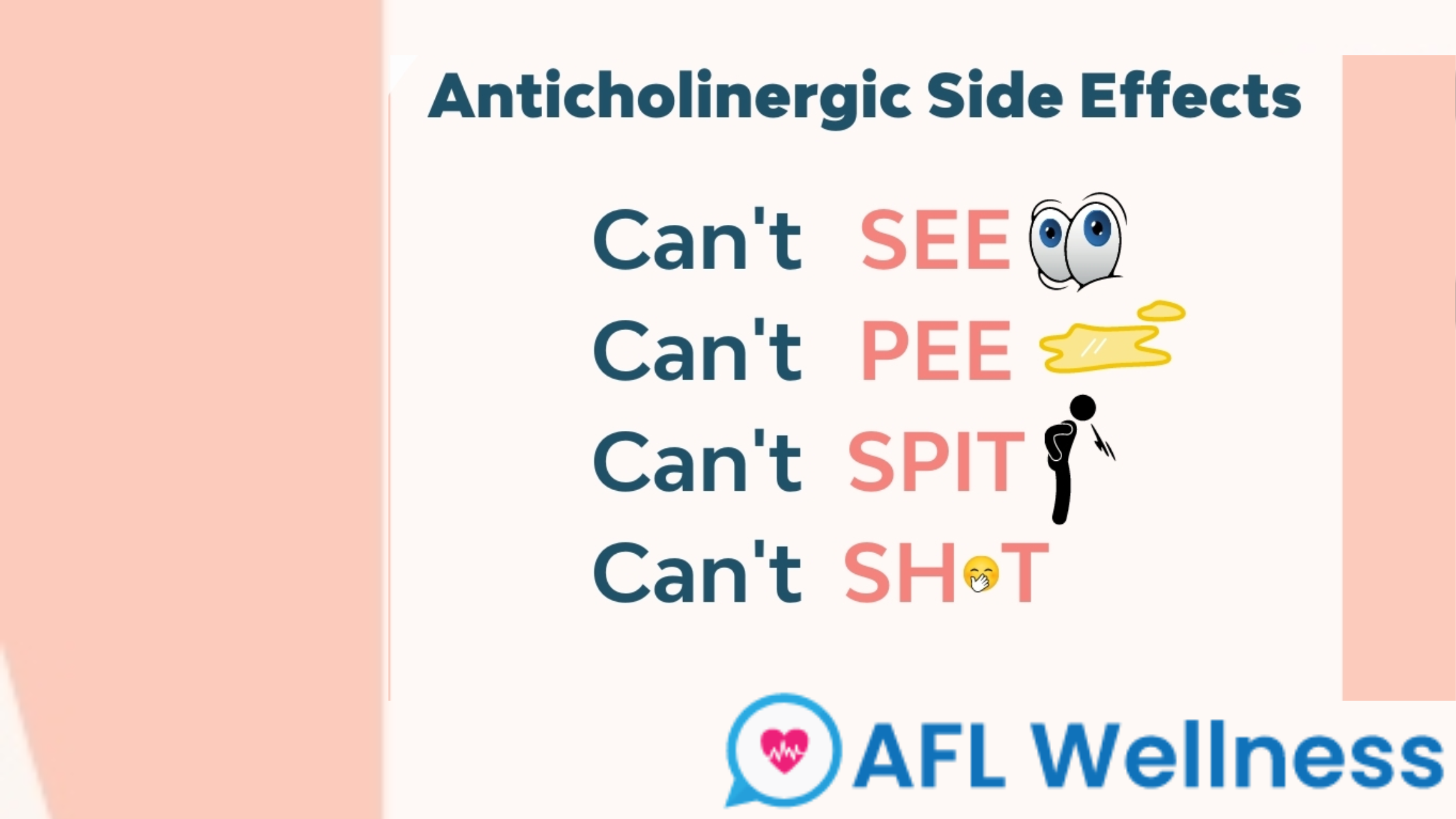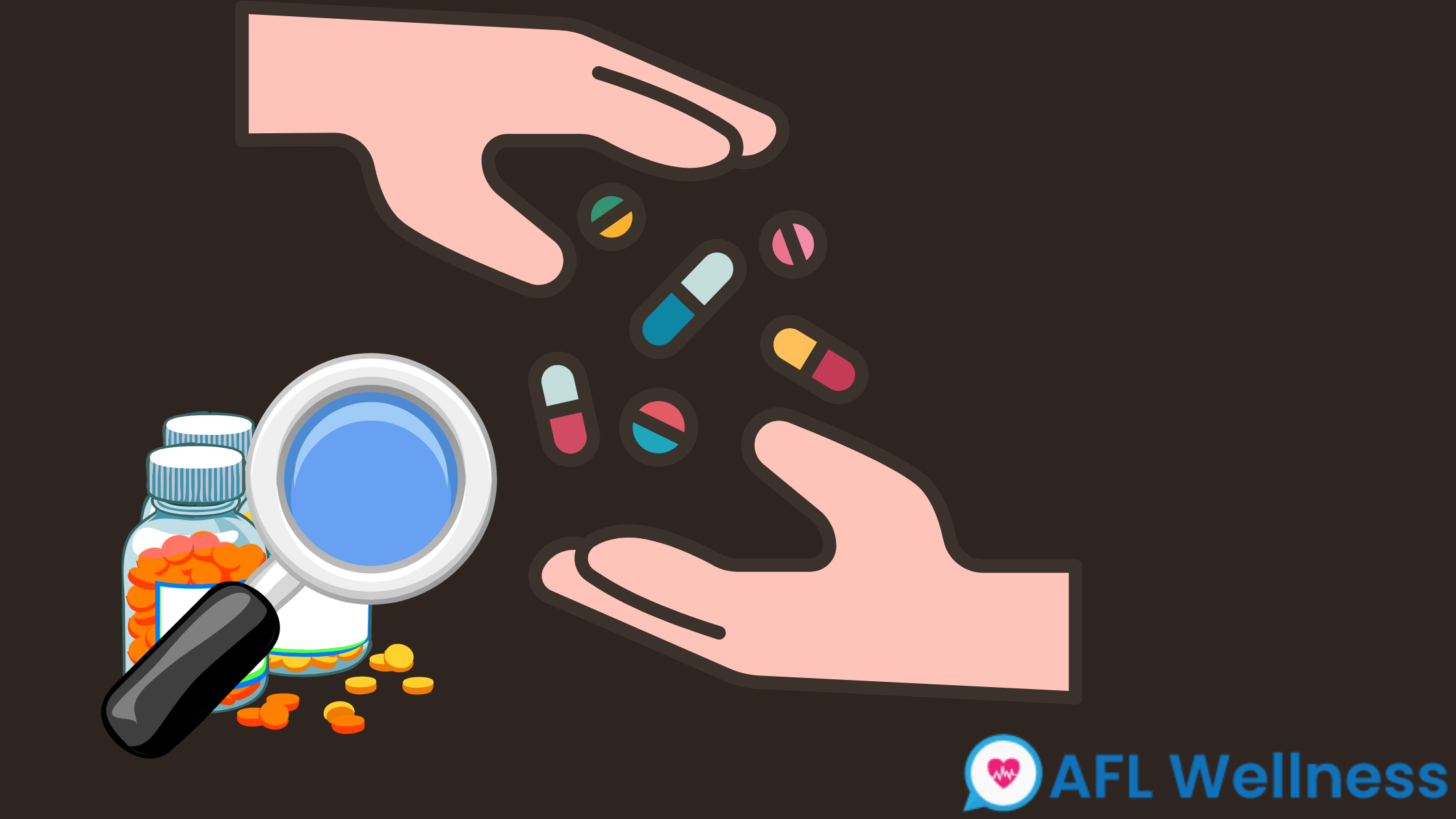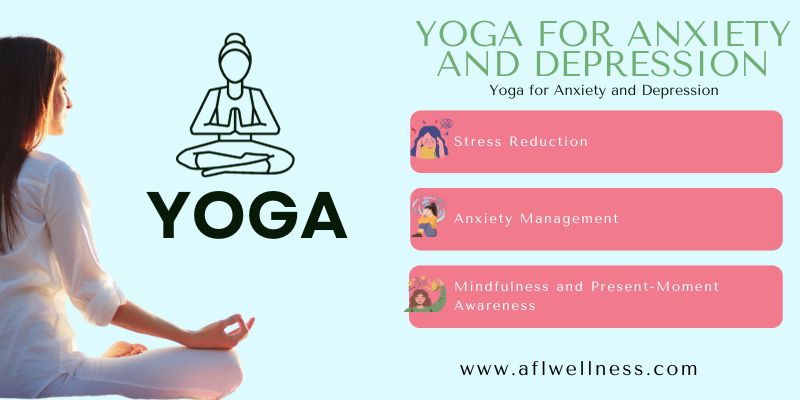
January 30, 2026
Finding Inner Peace: The Best Types of Yoga for Anxiety and Depression
In a world where stress and anxiety are all too every day, many people are seeking natural and holistic ways to improve their mental well-being. Yoga, an ancient practice that combines physical postures, breath control, and meditation, has gained popularity for its potential to alleviate anxiety and depression. In this article, we will explore the best types of yoga to help you find inner peace and reduce the burden of the symptoms of anxiety and depression by doing yoga.
Yoga as a Complementary Approach
Before we dive into the specific types of yoga, it's essential to understand that yoga should be seen as a complementary approach to managing anxiety and depression alongside other treatments and therapies. It can be a powerful tool to help calm the mind, reduce stress, and increase emotional resilience.
1. Hatha Yoga
Hatha yoga is a gentle and foundational practice that is well-suited for beginners and those dealing with anxiety and depression. It focuses on basic postures, breath control, and relaxation. Hatha yoga is excellent for calming the mind, improving flexibility, and reducing stress. The slow and deliberate movements allow practitioners to connect with their bodies and promote a sense of inner peace.
2. Vinyasa Yoga
Vinyasa yoga is a more dynamic form of yoga that involves flowing from one posture to another in sync with the breath. It can be particularly beneficial for anxiety, as it helps individuals stay present and mindful in the moment. The rhythmic and continuous movement can be a form of moving meditation, allowing practitioners to release tension and reduce stress.
3. Yin Yoga
Yin yoga is a slow and meditative practice that involves holding postures for an extended period, often several minutes. This type of yoga is excellent for those dealing with anxiety and depression, as it encourages deep relaxation and releases tension in the body. Yin yoga focuses on the connective tissues, which can help improve flexibility and reduce physical discomfort, often associated with emotional distress.
4. Restorative Yoga
Restorative yoga is all about relaxation and rejuvenation. It uses props like bolsters, blankets, and blocks to support the body in gentle, passive postures. This type of yoga is ideal for those struggling with depression and anxiety, as it promotes deep relaxation and helps calm the nervous system. It can provide a sense of relief and tranquillity.
5. Kundalini Yoga
Kundalini yoga combines postures, breathing techniques, and meditation to awaken and channel energy throughout the body. It's known for its ability to improve mood and reduce symptoms of depression and anxiety. Kundalini yoga can be refreshing and uplifting, making it a suitable choice for those seeking more energy and emotional balance.
6. Iyengar Yoga
Iyengar yoga places a strong emphasis on alignment and precision in postures. It uses props like belts, blocks, and wall support to ensure that each posture is performed with proper alignment. This type of yoga is excellent for individuals with anxiety or depression because it allows for a deep focus on the present moment and enhances body awareness. The attention to detail and alignment can have a grounding and calming effect.
7. Bikram or Hot Yoga
Bikram yoga, also known as hot yoga, is practised in a room heated to a high temperature and is considered a natural remedy for anxiety and depression. While it's not recommended for everyone, some individuals find it helpful in managing anxiety and depression. The heat can promote relaxation, detoxification, and increased flexibility. However, it's essential to be cautious, stay hydrated, and consult with a healthcare professional before trying hot yoga, especially if you have any medical conditions.
8. Pranayama and Meditation
In addition to physical yoga practices, the combination of pranayama (breathing exercises) and meditation can be particularly effective for reducing anxiety and depression. Controlled and mindful breathing techniques can help regulate the nervous system and promote a sense of calm. Meditation, whether guided or self-directed, allows individuals to quiet the mind, reduce stress, and gain a greater sense of self-awareness.
Advantages of doing yoga
Yoga offers numerous advantages for managing anxiety and stress, making it a valuable practice for those seeking to improve their mental well-being. Here are some of the key benefits:
Stress Reduction:
One of the primary advantages of yoga is its ability to reduce stress. Through deep breathing, relaxation techniques, and mindfulness, yoga helps the body and mind unwind, lowering the levels of stress hormones like cortisol.
Anxiety Management:
Yoga promotes relaxation and can be an effective tool for managing anxiety disorders. The practice encourages a sense of calm, reduces anxious thoughts, and improves emotional regulation.
Mindfulness and Present-Moment Awareness:
Many yoga practices emphasise being present in the moment. This mindfulness cultivates self-awareness, reduces rumination on the past and future, and helps individuals focus on the here and now, reducing anxiety and stress.
Physical Benefits:
Yoga enhances physical fitness and overall well-being. Regular practice improves strength, flexibility, and balance, which can boost self-confidence and reduce physical tension often associated with stress and anxiety.
Relaxation Response:
Yoga activates the body's relaxation response, which counters the fight-or-flight response associated with stress. This leads to decreased heart rate, lower blood pressure, and overall relaxation.
Better Sleep:
Insomnia and disrupted sleep patterns are common in those experiencing stress or anxiety. Yoga helps improve sleep quality by promoting relaxation and reducing mental restlessness.
Emotional Resilience:
Yoga can enhance emotional resilience and coping mechanisms, making it easier to bounce back from life's challenges and adversity.
Improved Mental Focus:
Yoga practices that involve concentration and meditation can enhance mental clarity and focus. This can be particularly beneficial for those dealing with anxiety-related cognitive difficulties.
Community and Support:
Many people find a sense of belonging and support in yoga classes or groups. Building connections and sharing experiences can reduce feelings of isolation and stress.
Self-Care:
Yoga promotes self-care and self-compassion. It encourages individuals to prioritise their well-being, reduce negative self-talk, and engage in activities that promote relaxation and mental health by performing yoga for anxiety and depression.
Enhanced Self-Regulation:
Yoga provides tools for self-regulation of emotions and physical sensations. Techniques like deep breathing and progressive muscle relaxation can be applied in everyday life to manage stress and anxiety.
Holistic Approach:
Yoga offers a holistic approach to well-being, addressing both physical and mental aspects. This comprehensive approach can be more effective in managing anxiety and stress than isolated interventions.
It's important to note that while yoga can be a valuable tool in the management of anxiety and stress, it is not a replacement for professional medical or psychological treatment. Individuals with severe anxiety or stress disorders should seek guidance from healthcare providers or mental health professionals who can provide a comprehensive treatment plan tailored to their specific needs.
Conclusion
Yoga, with its diverse range of practices, can be a valuable tool in the management of anxiety and depression scales. It offers a holistic approach that addresses both the physical and mental aspects of well-being. The best type of yoga for you depends on your individual preferences and needs.
Remember that while yoga can be a powerful complementary approach, it is not a substitute for professional medical or psychological treatment. Suppose you are dealing with severe anxiety or depression. In that case, it's crucial to consult with a healthcare provider or mental health professional for a comprehensive treatment plan that may include therapy, medication, and lifestyle changes. Ultimately, Nasha Mukti Kendra helps people find the the inner peace of an individual, which is a journey, and yoga can be a supportive path along the way.

